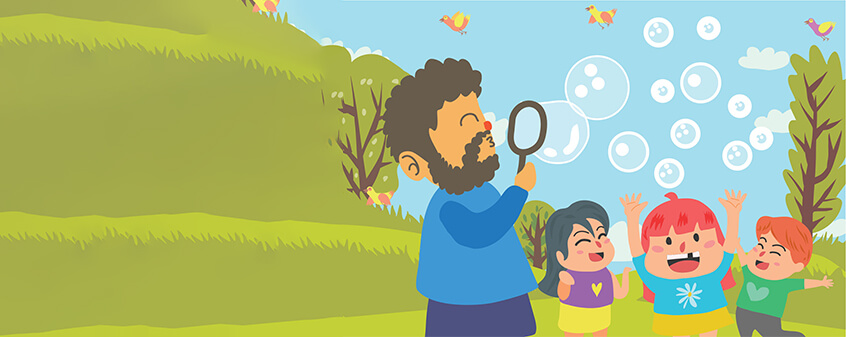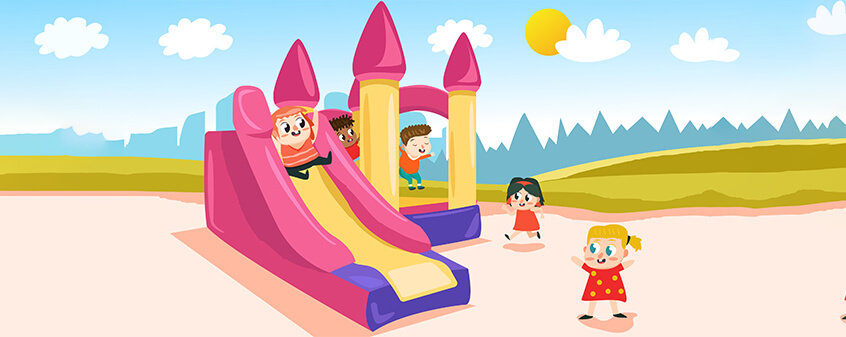The dynamics of Technology and Education in today's times - Aniket has worked on this topic. Request your feedback - the deadline for this is tomorrow 23rd sept 2017
The picture of 18 year olds putting in four years at a school or college in face-to-face lectures or seminars is getting to be noticeably rarer as more undergraduates go to a blend of low maintenance, full-time, and virtual courses. With the increasing expense of advanced education, more students now opt for low maintenance courses while working, probably move through projects, beginning and completing in better places.
Vocation changers and more established students are going to go up in higher numbers, as double enrolees (secondary school students going to advanced education courses) now go to a specific end goal to get a kick off on their degrees. In the meantime, more students with unique needs, for example, dyslexia, ADD, and ADHD are taken into account with mixed learning.
Students likewise have more instructive options than any other time in recent memory, and they no longer simply go to the schools/universities as per normal procedure. Students confront expanding weight from big names and they come to higher training with assumptions about web based learning. Strangely, instruction and research have one of a kind flow wherein by impacting each other they add to movement. This dynamic impact has been fundamentally improved after progression in innovation, extensively alluded to as the Internet of things.
The impact of the innovation has kept on changing the way we instruct and inquire about. Beginning from the early students who were self-taught, to a period where learning materials can be generally and unreservedly obtained; we have come an entire 360° and are most likely going into a period of self-learning because of better assets accessible to self-learn and self-instruction.
From quick multiplication of enormous open online courses, to the far reaching utilization of cell phones that help an assortment of "blended learning" models, innovation is opening doors for instructive foundations of numerous types, from early training to colleges.
"Innovation is changing the flow of training, particularly the connection between instructors and understudies. As teachers start to re-examine the learning background, we trust it will be essential to reshape instructive spaces to bolster this development,"
Among the quickest developing and irreversible patterns at all levels of instruction namely; expanding utilization of portable PCs, tablets and other cell phones, numerous elementary schools now give each student a portable PC or tablet. Continuously intrigued by the upsides of versatility, a developing number are now requesting content be delivered to their smart phones.
A couple of years ago, cell phones were utilized primarily as a souped-up substitute for traditional devices, like freebees, transparencies for overhead projectors, books, paper and pens. Today, these innovations are starting to change how guidelines and adapting really happen.
Instructors are utilizing innovation to supplant old models of institutionalized, repetitive learning and making more personalised encounters for their understudies. There's more multi-gadget synchronization with programming that backs multi-user joint effort and is further help for virtual discussions, both inside and away from a classroom. Furthermore, educators and students are more self-reliant than ever and are choosing for themselves!
Not all created information is at complex levels. Regular living itself is ending up mechanically more unpredictable. Actually, all features of society are getting to be learning subordinate. In addition, support in an advanced mechanical world requires a huge level of logical and mechanical comprehension. This applies to all regions of regular living from farming practice to commercial centre procedures, saving money, business exchanges, wellbeing administrations, transportation, amusement, utilities, and data trade. Without the capacity to discover the fundamental information and procure the aptitudes for a continually evolving world, individuals will end up—in a short time—"disadvantaged."








